When is Raksha Bandhan? The Live Countdown to the Festival of Sibling Love!
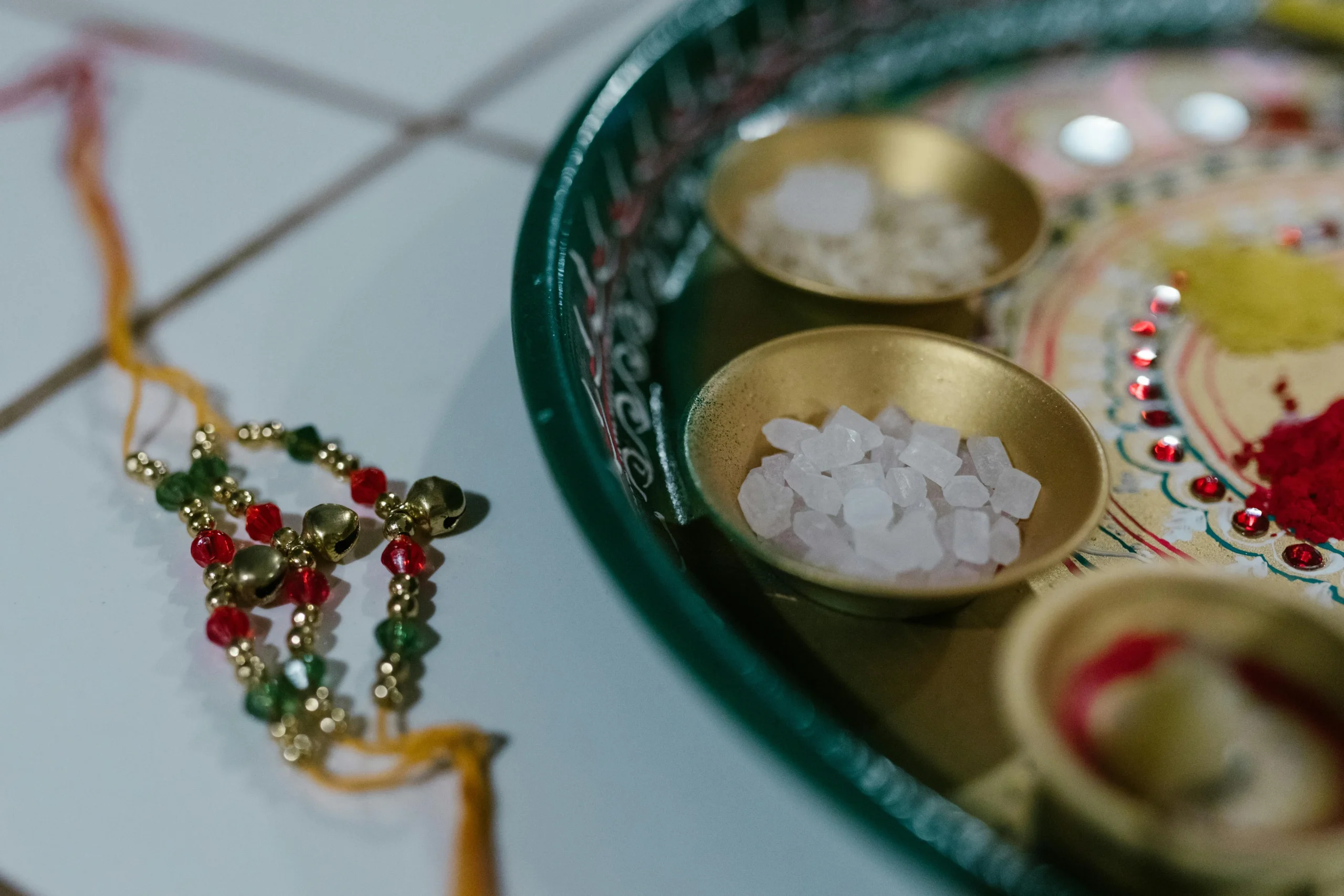
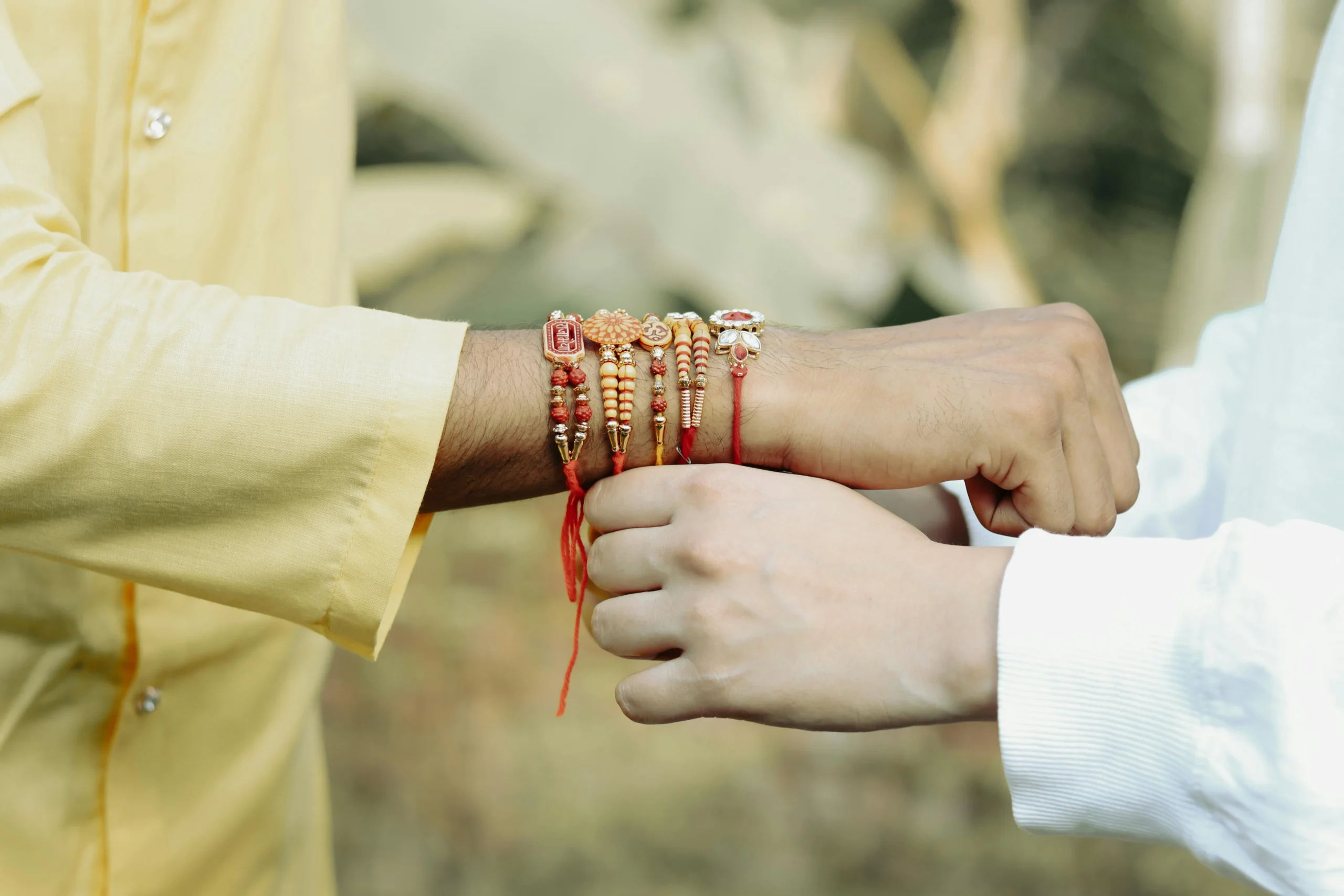
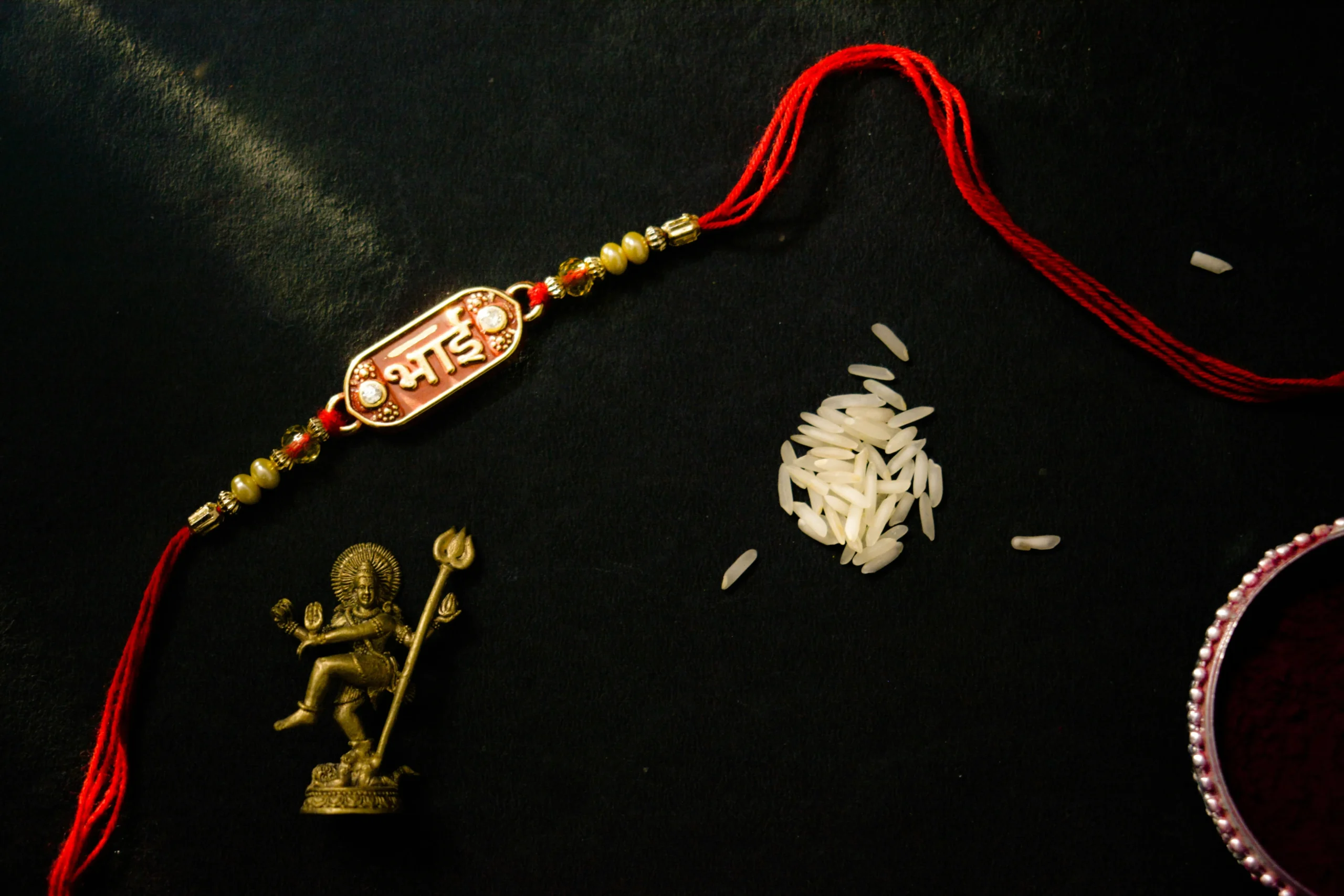
Raksha Bandhan: A Sister's Love, A Brother's Promise
Day(s)
:
Hour(s)
:
Minute(s)
:
Second(s)
When is Rakhi/Raksha Bandhan in 2025?
Rakhi / Raksha Bandhan in 2025 will be on the 9th of August, Saturday.
What is Raksha Bandhan?
Raksha Bandhan is a cherished Hindu festival symbolizing the bond of love, protection, and emotional unity between sisters and brothers. On this sacred occasion, sisters tie a thread—called Rakhi—on their brother’s wrist, praying for his well-being and protection from evil forces. In return, brothers vow to protect their sisters for life.
This tradition takes place in the Hindu month of Shravana, usually in August according to the Gregorian calendar, which follows the lunar calendar for religious events. Though the practice is rooted in India, Indians abroad, even in a foreign land, actively celebrate the day. Since 1999, families separated by distance have been using services to send Rakhi to India, so they don’t miss out on this beloved celebration.
This solemn yet joyful event reflects life, tradition, and family values. It shows how love can bridge physical and emotional gaps, fulfilling the needs of those around the world who still uphold its legacy.
Is Raksha Bandhan a public holiday?
Yes, Raksha Bandhan is a public holiday in some Indian states like Uttar Pradesh, Rajasthan, and Madhya Pradesh, but in others, it’s an optional holiday.
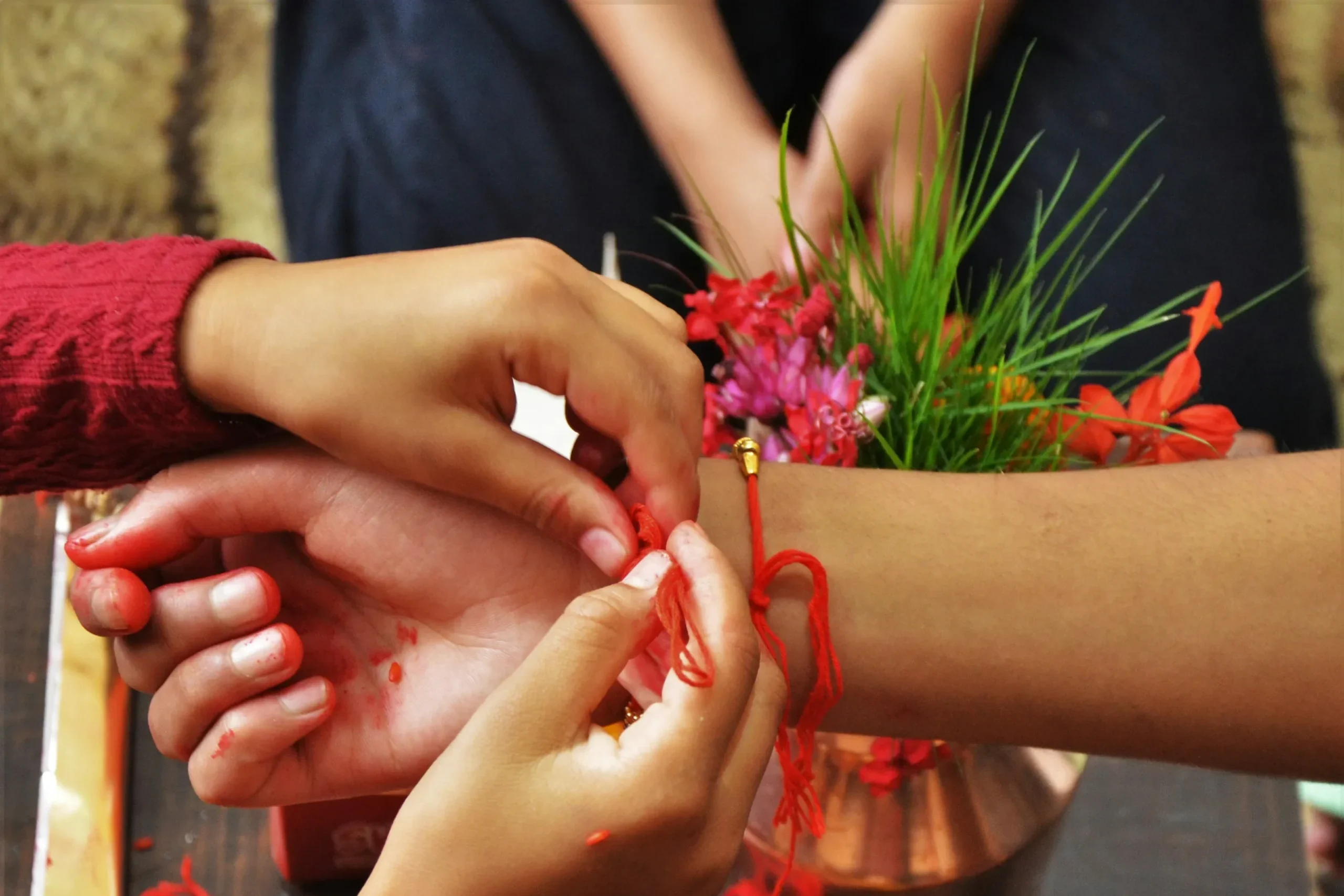
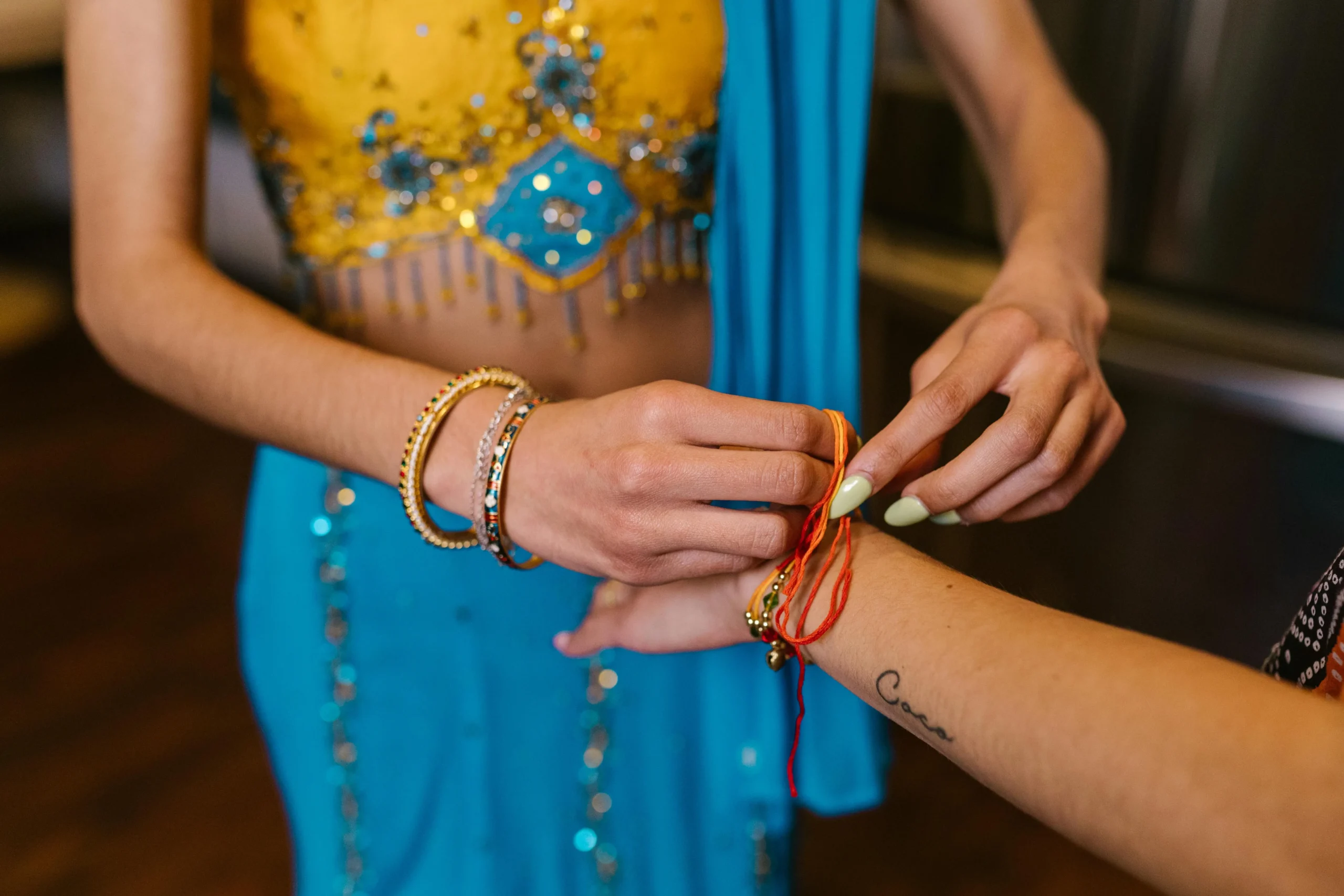
History of Raksha Bandhan
The modern Raksha Bandhan holiday formed through ancient rituals and texts in Hindu tradition. The Atharvaveda (an ancient Hindu scripture, dated around 1000 BCE) mentions the pratisara (a protective thread used in rituals). The Agniveshya Grihyasutra (a manual of domestic rites from around 300 BCE) describes tying a kautuka (a sacred bracelet meant for protection).
The Atharvaveda Parishishta (a supplementary text of the Atharvaveda) says that a king’s Athavan priest (a Vedic-era priest who performed royal rituals) should tie a raksha bandhana amulet (a charm or talisman meant for protection) on the king during the full moon of Shravana (a holy month in the Hindu lunar calendar).
The Narada Purana (a Hindu religious text likely compiled around 1000 CE) refers to the vedopakarma (a ceremony marking the beginning of Vedic studies) when a raksha (a sacred thread of protection) is tied. On this day, the upavita (a sacred thread worn across the chest by initiated Hindu males), given during upanayana (a coming-of-age initiation ritual for young boys), is also changed by those in the upper varnas (the four major social classes in Hinduism: Brahmins, Kshatriyas, Vaishyas, and Shudras).
In the Bhavishyottara Purana (a prophetic Hindu text compiled before 1100 CE), Krishna tells Yudhishthira, the eldest Pandava hero from the Mahabharata (a major Sanskrit epic), about the power of the raksha bandha. He recalls how Indrani (also known as Shachi, the wife of the Vedic god Indra) tied a protective thread on Indra before his battle with the Asuras (demonic beings or enemies of the gods). Krishna says the chief priest should tie the raksha on the king and members of all social classes for happiness and protection.
Raksha Bandhan (Rakhi) 2025–2030
| Year | Date (Gregorian) | Day |
|---|---|---|
| 2025 | August 9, 2025 | Saturday |
| 2026 | August 28, 2026 | Friday |
| 2027 | August 17, 2027 | Tuesday |
| 2028 | August 5, 2028 | Saturday |
| 2029 | August 23, 2029 | Thursday |
| 2030 | August 13, 2030 | Tuesday |
* Raksha Bandhan, also called Rakhi, is a Hindu festival celebrating the bond between brothers and sisters. The date changes every year based on the full moon day (Purnima) of the Shravan month in the Hindu calendar.
FAQs
Do courier services guarantee rakhi delivery before the countdown ends?
Many courier and online gifting services offer Raksha Bandhan express delivery options to ensure your rakhi arrives before the festival.
How early should I start the Raksha Bandhan countdown?
Starting the countdown 2–4 weeks before the festival helps in timely planning, shopping, and sending rakhi if you’re abroad.
Is the Raksha Bandhan countdown based on moon timings?
Yes, the date and time of Raksha Bandhan are determined by muhurat (auspicious timing), based on the Shravana Purnima tithi.
When is Raksha Bandhan this year?
Raksha Bandhan in 2025 will be celebrated on
- Friday, August 8,2025
-
Monday, August 17, 2026
-
Saturday, August 7, 2027
-
Wednesday, August 23, 2028
How many days are left for Raksha Bandhan?
You can track the days using an online Raksha Bandhan counter or festival calendar for real-time updates.
Why does the Raksha Bandhan date change every year?
Because Raksha Bandhan follows the Hindu lunar calendar, it lands on the full moon (Purnima) of Shravana, which varies each year in the Gregorian calendar.
How can I set a Raksha Bandhan counter on my phone?
Use reminder apps, Google Calendar, or festival countdown widgets available in app stores to create a personal counter.
